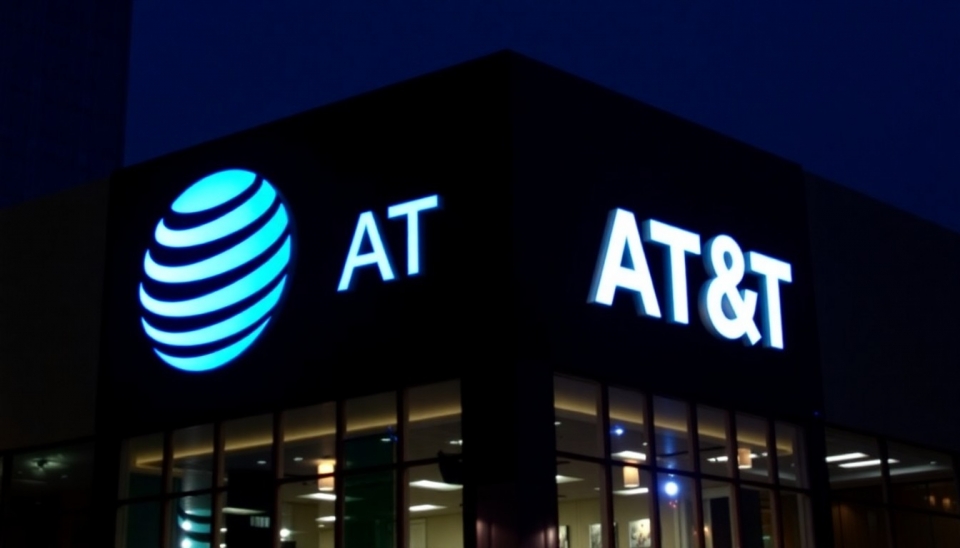
In a bold move signaling a shift in corporate culture, AT&T has announced a new Return to Office (RTO) policy that mandates employees to return to their physical workplaces for a specified number of days each week. This decision is heavily inspired by the operational strategies of popular food chain Sweetgreen, which emphasizes the importance of in-person collaboration among its workforce.
Starting next year, AT&T will require employees to be present in the office for a minimum of three days per week. This decision aligns with a broader trend among leading firms that are striving to strike a balance between remote work flexibility and the benefits of face-to-face interactions.
Executives at AT&T have expressed that in-person attendance fosters creativity, boosts team morale, and enhances productivity—elements they believe are pivotal for innovation within the tech industry. "There’s simply no substitute for the spontaneous conversations and connections that happen when teams are together in the same space," an AT&T spokesperson reiterated during the announcement.
Critics of the policy argue that such mandates may overlook the preferences of a workforce that has grown accustomed to the flexibility of remote work. Many employees have expressed concerns about the challenges of commuting and the loss of work-life balance that often accompanies stringent office attendance requirements. In light of these apprehensions, AT&T has committed to ensuring that their policy is as flexible as possible, allowing teams to create their schedules that meet both company needs and individual circumstances.
Furthermore, the necessity of the RTO policy emerges against a backdrop of rising operating costs and a shift in consumer behavior toward more digital services. As businesses adapt to this new landscape, corporations like AT&T are realizing that fostering a strong in-office culture could be key to navigating these changes successfully.
In response to the new RTO framework, employees have begun to organize, voicing their opinions through discussions and social media channels to gain clarity on the implementation of this policy. Feedback from workers will be crucial as the company plans to refine the RTO strategy in the coming months, focusing on maintaining employee satisfaction while meeting operational goals.
As companies across various industries continue to define their post-pandemic workplace strategies, AT&T’s commitment to a structured return to the office is emblematic of the challenges and opportunities that lie ahead. The push for in-person work comes as companies strive to rebuild corporate culture and enhance team collaboration, all while navigating the rapidly changing dynamics of the labor market.
AT&T's model serves as a potential roadmap for other organizations grappling with similar issues, showcasing how businesses can adapt their operations in an era that values both technological advancement and human connection.
#ATT #ReturnToOffice #Sweetgreen #CorporateCulture #EmployeeWellbeing #WorkplaceRevolution
Author: Liam Carter




